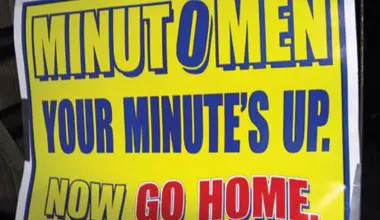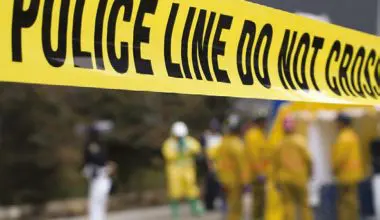IF you have elected to enter into law enforcement as a career, it might be wise, even lifesaving, to invest in said career. This can involve a number of different levels of investment.
Equipment is one example. Some individuals might settle for a piece of equipment simply due to the fact that it is what the department issued them.
When I joined LAPD, they issued a two D-cell flashlight. It had a black front and back portion, yellow body and was made of plastic. It was great for camping trips but not even close to adequate for police work.
Each and every one of us went to the Academy store within the first week and purchased the heavy aluminumbody rechargeable SL-20 light that fits into the back sap pocket of the uniform trousers. You could knock out a charging rhino with it. It was all part of being a genuine LAPD street cop back then. It also cost us about a quarter of our takehome paycheck at the time. We just figured it was the cost of doing business.
Most of the really “cool” police stuff the old timers wore had to be purchased on our own to look equally “cool” when we hit the streets. The funny thing was that this gear (speed loaders, back-up revolvers, vests, etc.), which we bought on our own, was the best for the streets, and the real cops knew it. We emulated the veterans and ended up with good gear, but at great personal expense.
Outside training was another venue that not many of us had access to back then. For one thing, not much existed that we could get to. If I could, however, I would have invested in a heartbeat, as would others I knew.
Out of my Academy class, over 90% of us made it to full-term retirement. We were in it for the long haul. It was a career, not simply a job. A good number of us made the investments at great personal expense so that we did, in fact, make it to retirement. None of us knew when “it” would come to us. This couldn’t be predicted back then and it can’t be predicted now.
Some of us worked very hard and put in the extra hours without overtime so that we could build up packages that would eventually get us into specialized units. A common question on entry oral boards was, “What have you done on your own to better yourself for this unit?” If this question was met with dead silence, you were toast right then and there. This is a valid query. If you aren’t willing to go the extra distance, why would I want you backing me on unforgiving streets?
In essence, the classmates who went on to stellar careers put a lot of personal funding and time (on days off and vacation time) into careers that the department did not pay for.
A very good friend of mine is a watch commander at an LAPD division. On day one on the street, a probationer informed him he wanted to go home early. Maybe “real” police work isn’t for this individual, but you’d think he would have figured that out well before graduating.
When other young officers approach my friend and ask about firearms training outside simple qualification, they express astonishment that they would have to pay for it themselves as well as take the time off. As he tells them, “It’s your funeral.” Minimal standards don’t always cut it on the streets. Bad guys hope that all you bring to the table are nominal skill and equipment.
There is no entitlement in a career. The city does not “owe” you, nor does the department. This may be a generational issue, I’m not sure, but it seems to be a recurrent theme these days. You’re there because you chose to be there.
The officer who tells me that such and such a piece of equipment is all the department issues him—when he is able to upgrade to something better—is only doing himself a disservice. Many departments have limited resources and therefore what they issue you is all they can budget for.
You might have to invest in better equipment that will keep you alive and get you home safely. When expense becomes an issue in lifesaving gear or training and an officer is driving a new Mercedes convertible with just two months on the job, it makes you wonder. Among other professionals, doctors, lawyers and pilots all attend in-service training at their own expense … and their lives are not necessarily at risk.
Law enforcement entails risk. It entails the unknown. It entails split-second decisions and actions that have profound implications. If you invest in your career, then maybe, it will make all the difference. Scott Reitz is a 30-year veteran of the Los Angeles Police Department and director of the highly acclaimed International Tactical Training Seminars. Course information and schedules are available at their website at www.internationaltactical.com.



